Science Communication
What is science communication?
Science communication describes the process of informing the scientific community and the interested public about science and scientific findings. This in turn enables science-informed decision-making on the issues of our time. Science communication is not only important to improve public scientific literacy, and increases public trust in science and scientists, but is also essential for education and science careers.
The ability to communicate science is the key to sharing scientific knowledge effectively and increasing the impact of one’s research. Recognizing the need and demand for science communication, Beyond UNIVERSEH offers training opportunities in science communication for students, researchers, and lecturers. It also strengthens outreach to society by organizing and supporting science communication events, which are of central importance to increase the acceptance of science within society.
Past trainings
Media Training I: The basics of science communication

Participants of this one-day online course could gather interesting insights into the expectation of media towards scientists. To prepare for these expectations the researchers involved acquired skills in e. g. finding the emotional story of their research. Numerous practical exercises trained the participants in presenting their topics appropriate for different media and target groups.
Media training II: Science communication on social media
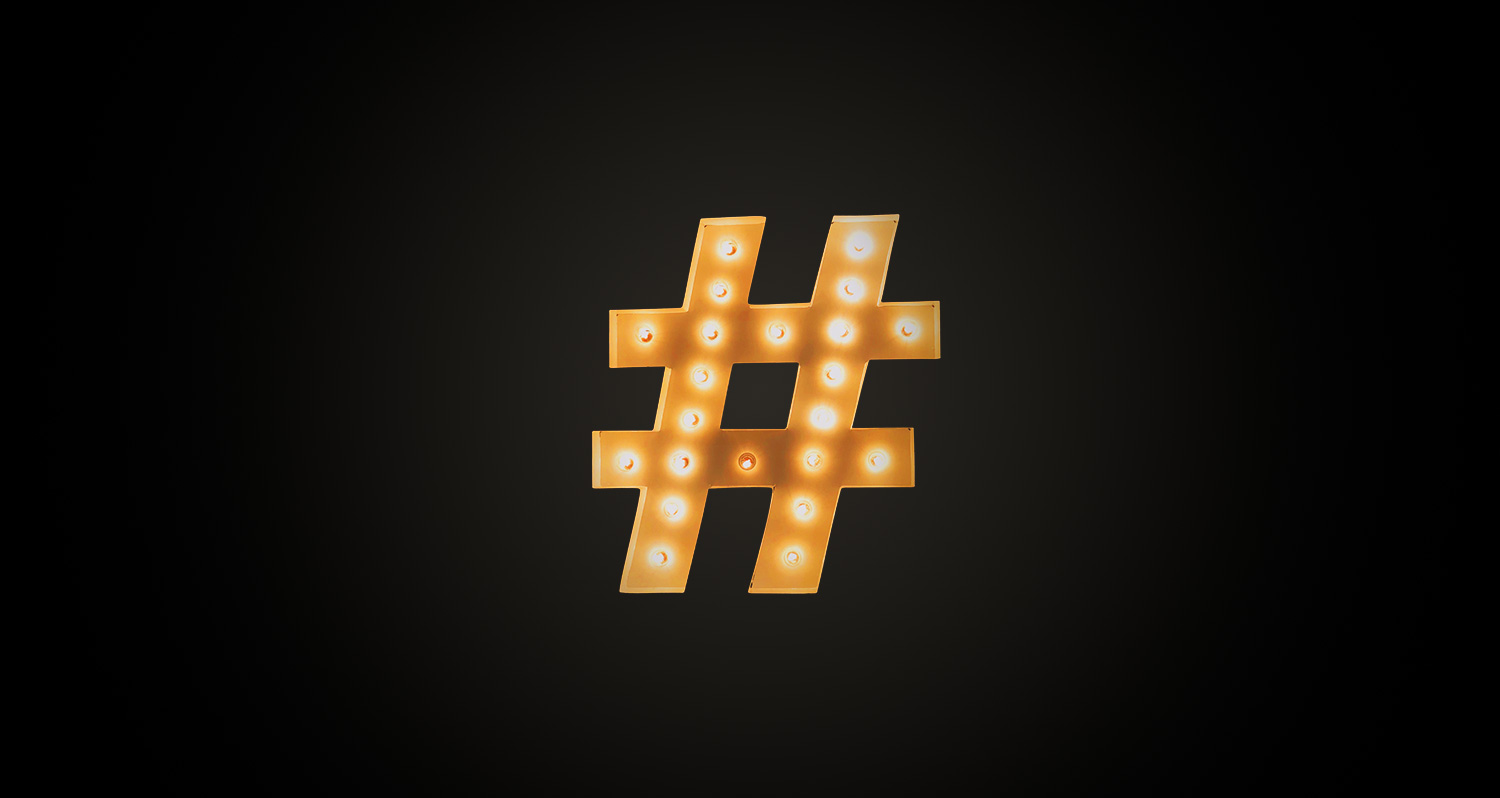
Social media training: Twitter, TikTok & Co

In this two day online seminar participants could gather valuable information on the presentation of research on different Social Media platforms. The course was especially tailored to fit the needs of PhD students and researchers.
Past events
Space Talks
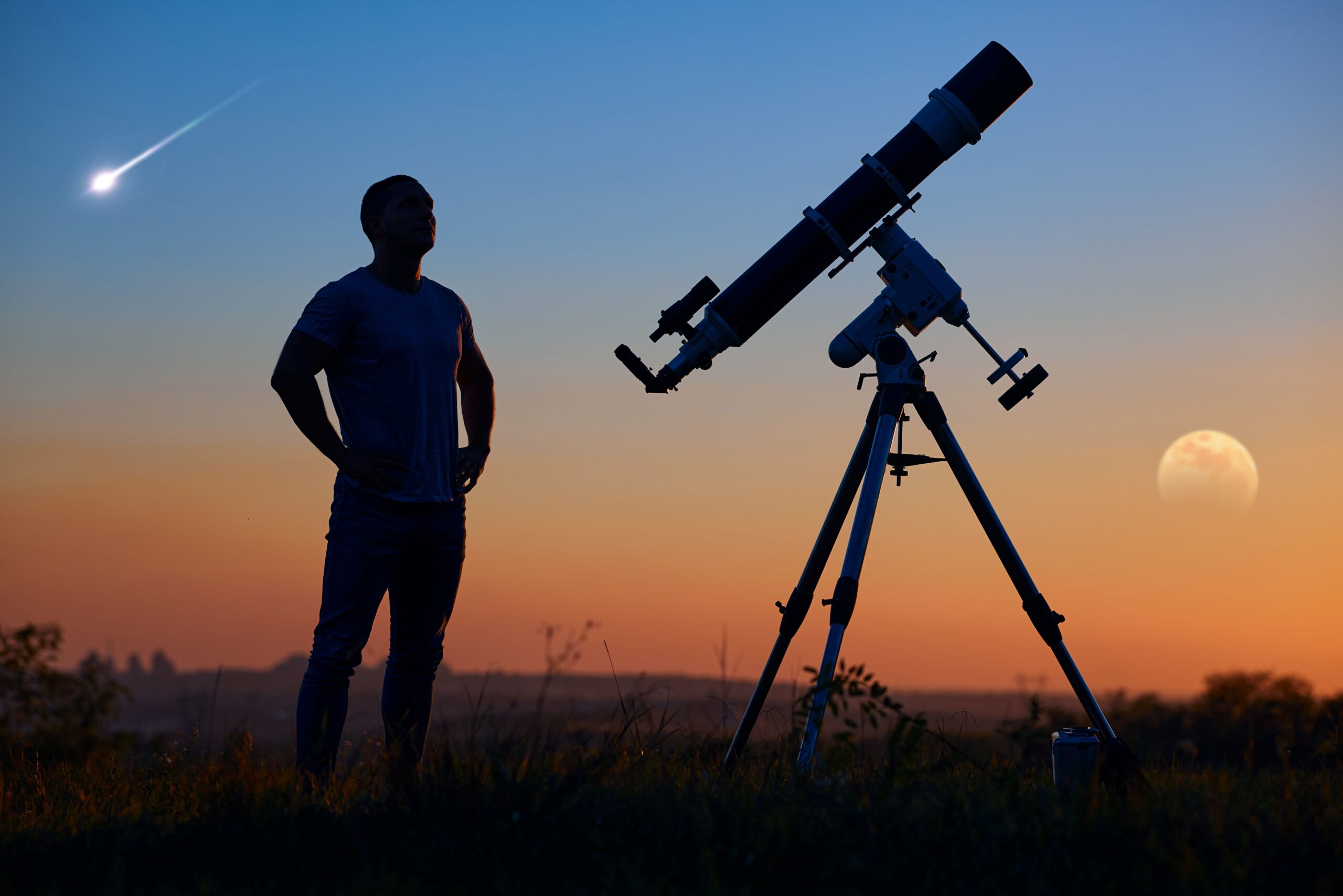
During this one-day hybrid experience researchers of the UNIVERSEH alliance have the chance to embrace the challenge of speaking about their research in a brief presentation with limited time and slides. The goal is to get to the heart of their field of interest and inform citizens, researcher and other interested people in their work. The last two events were hosted by the Heinrich Heine University Duesseldorf, in Germany.
European Researcher’s Night
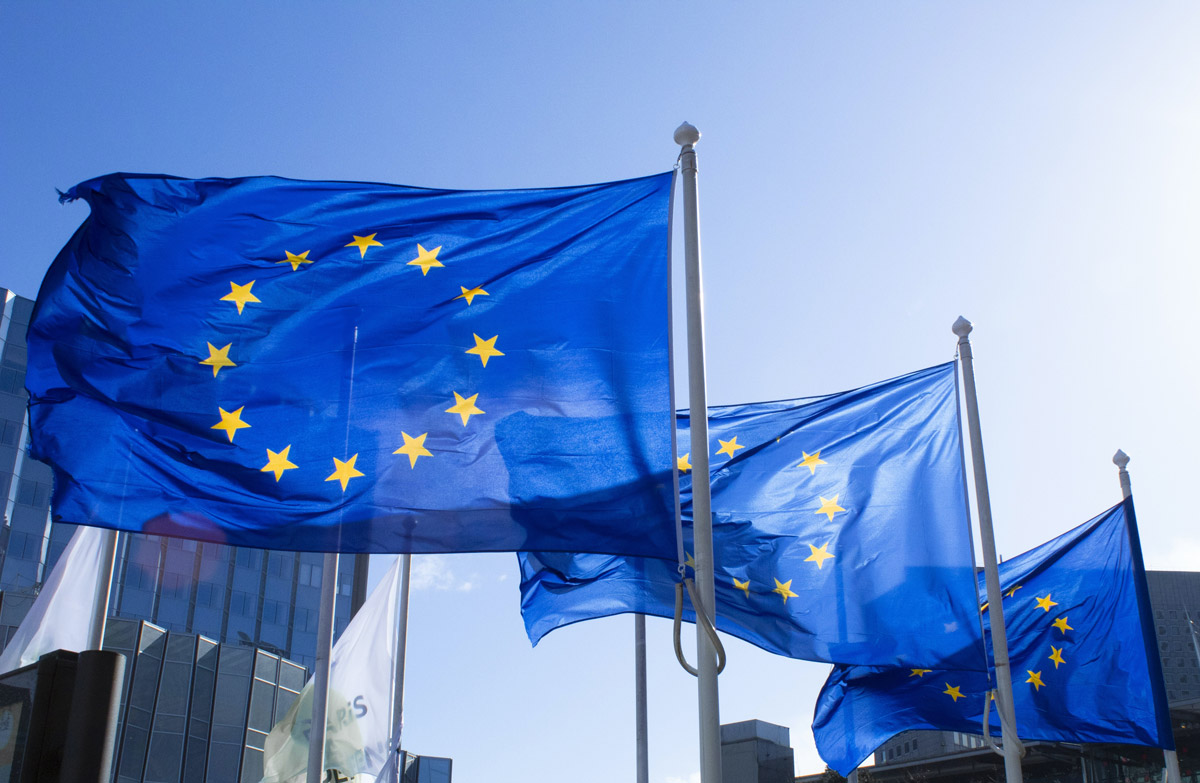
The European Researcher’s Night is a yearly event to illustrate the diversity of science and its impact on citizens’ daily life. In 2023 26 different countries participated in the event, attracting more than 1.5 million people all over Europe. Beyond UNIVERSEH participated for the second time in a row and brought the incredible research done within the project closer to the interested public. This year the Crew presented the project in Cité de lèspace in Toulouse, France under the topic of “Our future”.
Critical Outer Space Studies – Public Lecture Series
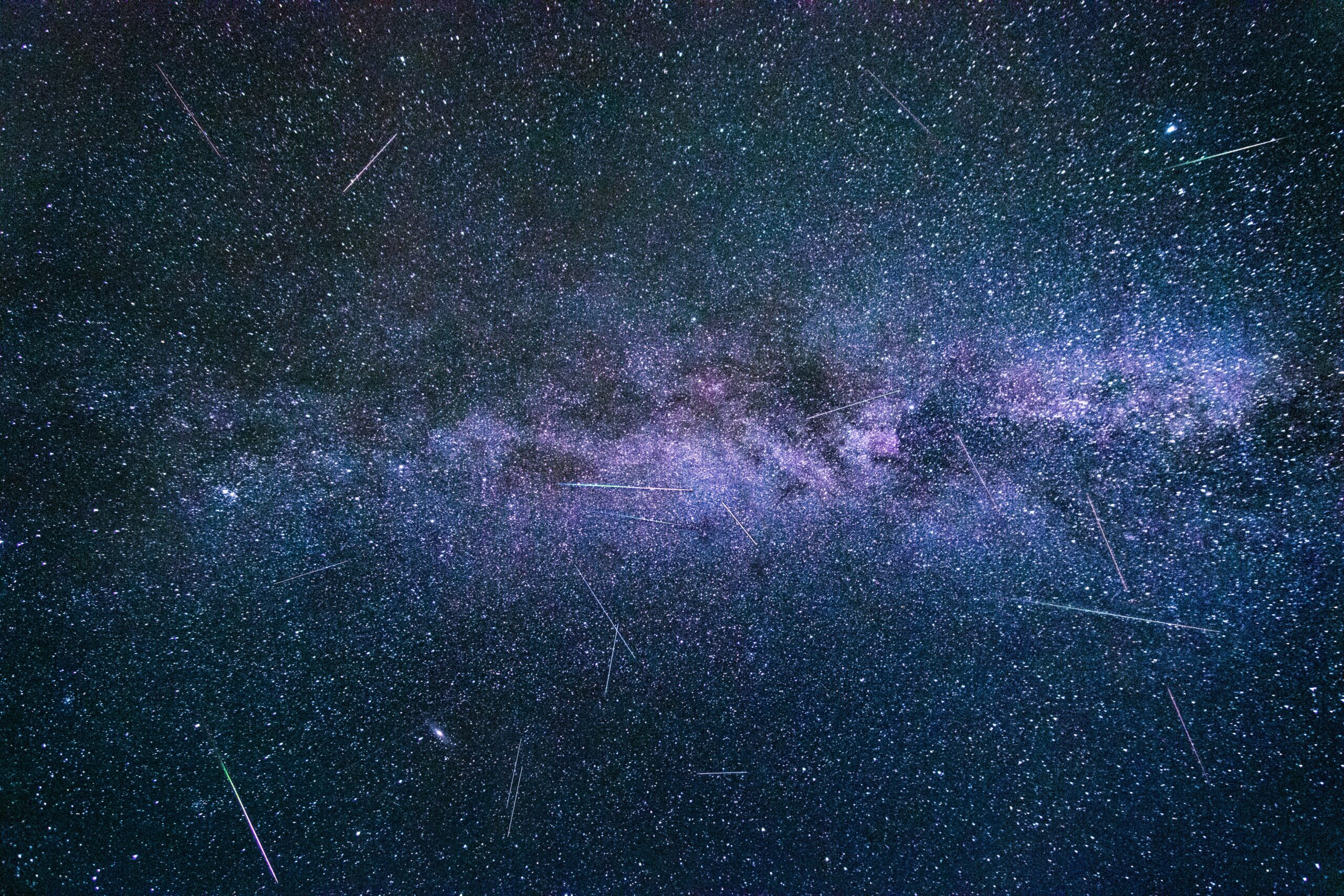
During this reoccurring online lecture series, the interested public has the chance to explore the complex field of study that is the science and exploration of Outer Space through a variety of disciplinary lenses. Different lecturers offer insights into environmentalism, posthuman studies, mobility studies astroethics or postcolonial studies.
Space Day 2023
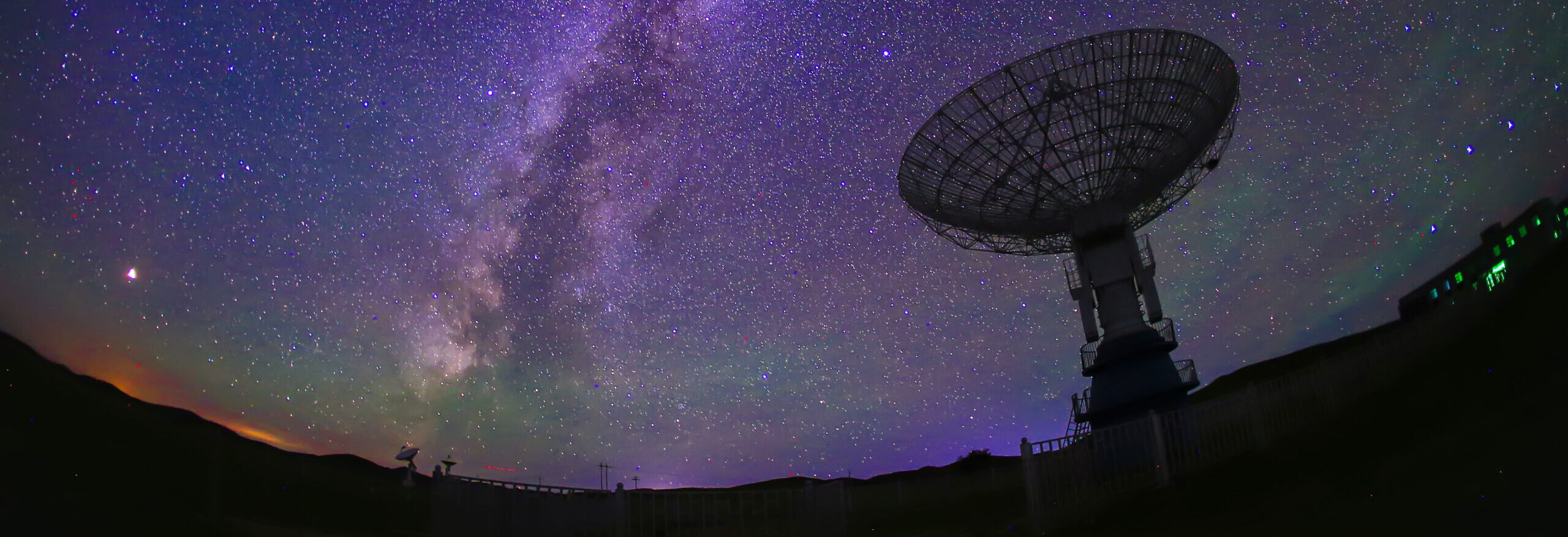
On 16 June 2023 the Schadowplatz in Duesseldorf, Germany turned into its own universe all about space and space science, seen from the perspective of cultural science and humanities. The HHU Team represented Beyond UNIVERSEH and UNIVERSEH through an interactive gallery walk that gave insights into the broad ranging offers of the projects. The event was open to the public and attracted many interested citizens.
